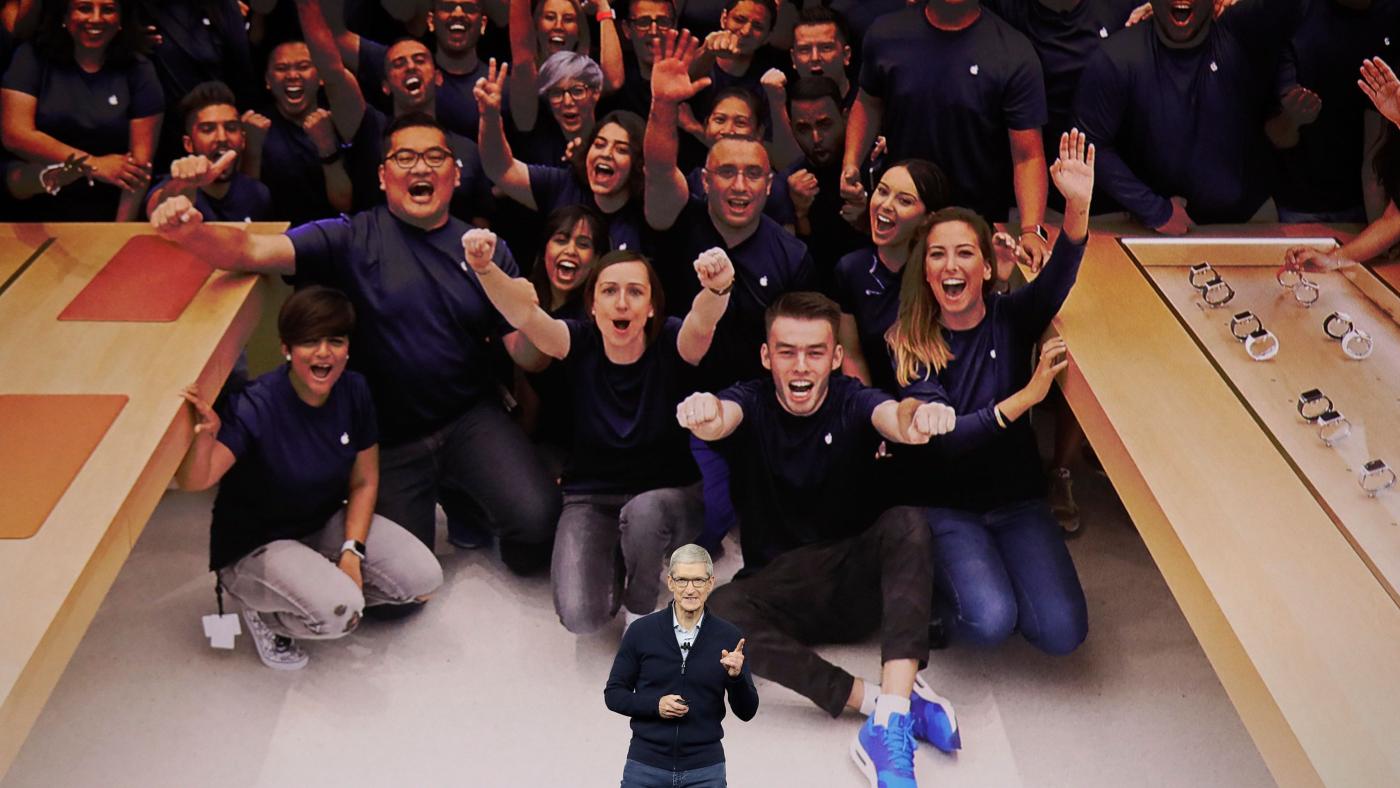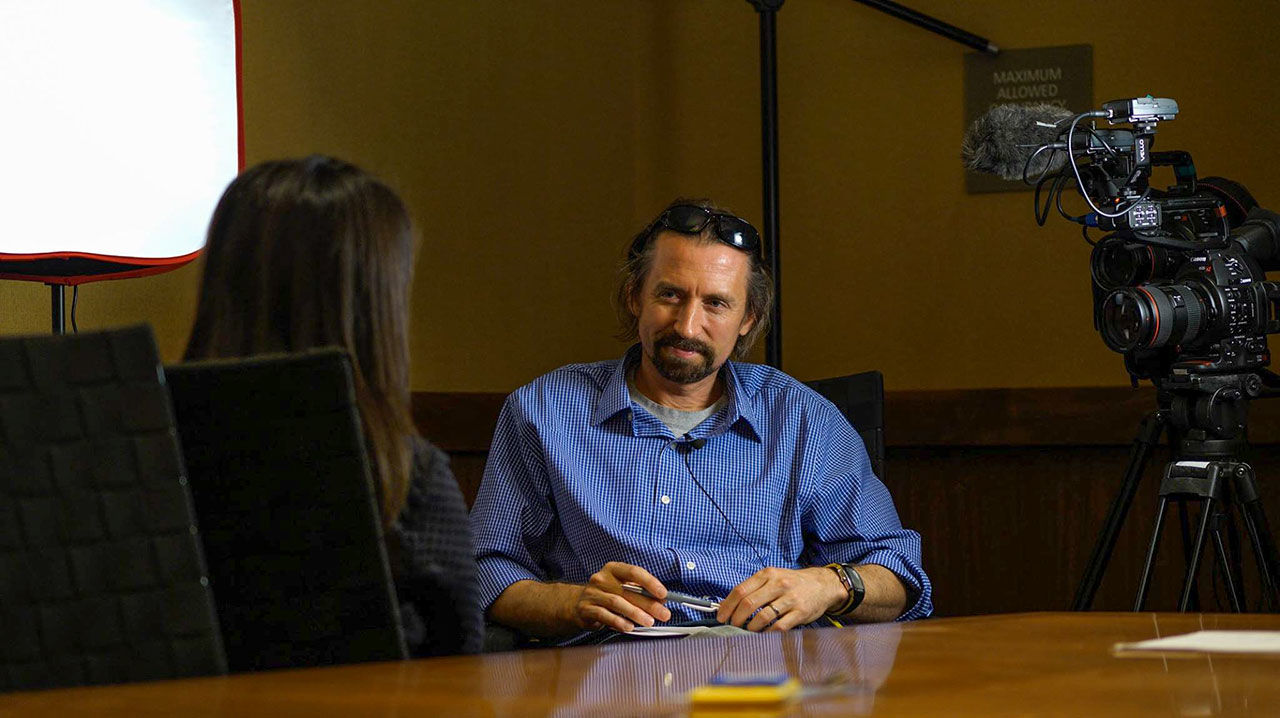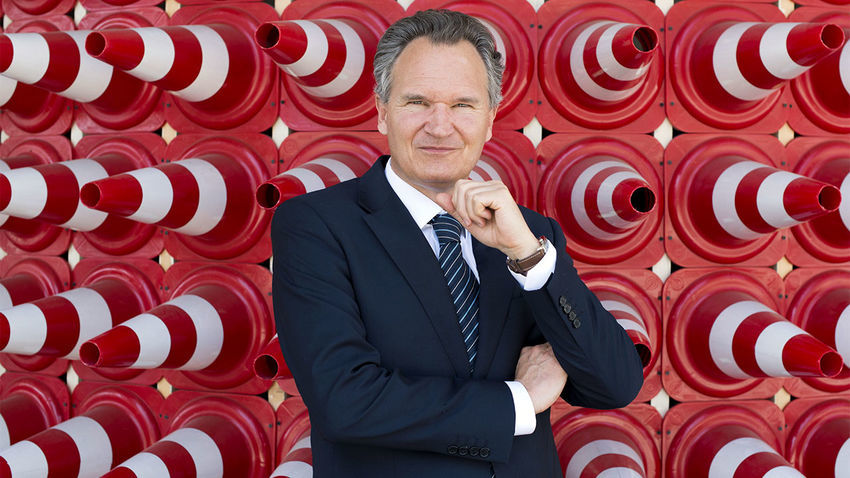Britain Loses Medicines Contracts as EU Body Anticipates Brexit
European Medicines Agency ends pharma evaluations work and moves contracts to bloc.

European Medicines Agency ends pharma evaluations work and moves contracts to bloc.

ECR-driven initiative launching in 2019 to collectively boycott commercial publishers and return scholar communication to the academic community.
Icons for websites and organisations related to academia that are often missing from mainstream font packages. It can be used by itself, but its primary purpose is to be used as a supplementary package alongside a larger icon set.
The 11 national research funding organisations that form cOAlition S have agreed to implement the 10 principles of Plan S in a coordinated way, together with the European Commission including the ERC. Other research funders from across the world, both public and private, are invited to join cOAlition S.
Girls are equally able at STEM-related subjects at school but are reluctant to choose them for a career. That is linked to a lack of confidence. We're only just starting to tackle the problem.

Skills matter. How you learned them may not.

In this Perspective, a group of national funders, joined by the European Commission and the European Research Council, announce plans to make Open Access publishing mandatory for recipients of their agencies' research funding.
A perspective from Germany's biggest network of doctoral researchers.

Eleven research funders in Europe announce ‘Plan S’ to make all scientific works free to read as soon as they are published.
The tool, called Google Dataset Search, should help researchers to find the data they need more easily.
Paywall, a documentary about the open-access movement, makes its debut and will be available online.

Bold move is intended to trigger open-access tipping point.

All 10 senior editors of the open-access journal Nutrients resigned last month, alleging that the publisher, the Multidisciplinary Digital Publishing Institute (MDPI), pressured them to accept manuscripts of mediocre quality and importance.

But an investigation confirmed that the study was flawed.
Richard Poynder views a documentary on the tug of war over paywalls in scholarly publishing.
A well-crafted set of guidelines and advice can save time, reassure trainees and promote a positive lab culture, argues Mariam Aly.
There are many thousands of data repositories on the web, providing access to millions of datasets. To enable easy access to this data, Google launched Dataset Search.

Dame Jocelyn Bell Burnell will donate the money to help students underrepresented in physics.

Scientists warn the devil is in detail of the European Commission’s latest open access plan, while publishers argue prohibiting researchers from submitting their work to certain journals is a threat to academic freedom.
European and national research funders are expected to commit all researchers to granting open access to their publications as of 2020. The SNSF supports this Plan S. However, it is not in a position to add its signature to the plan at present.

Scientists have the public’s trust, so the swell of fake news shouldn’t put them off communicating, says CEO of Science Media Centre.

One of the UK's leading female astronomers is to donate her GBP2.3M winnings from a major science prize she was awarded. The sum will go to fund women, under-represented ethnic minority and refugee students to become physics researchers.
Scientists in emerging economies respond fastest to peer review invitations but are invited least.
The Global State of Peer Review is one of the largest ever studies into the practice of scholarly peer review around the world focusing on four questions: 1. Who is doing the review? 2. How efficient is the peer review process? 3. What do we know about peer review quality? 4. What does the future hold?

Major European countries are mandating that publicly-funded research should appear only in open-access journals.

The decision by The Review of Higher Education, a highly respected academic journal, to temporarily suspend submissions due to a backlog of more than two years’ worth of articles awaiting reviews or publication set off a twitter storm and much debate in the corridors of academia about the future of academic publishing, and in particular its very foundation, blind peer review.